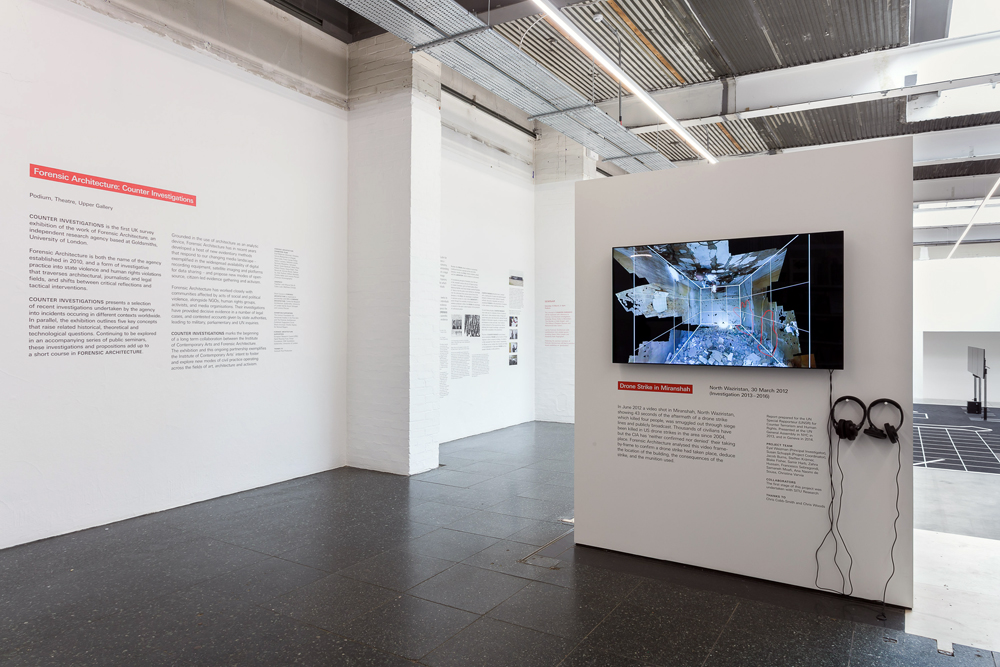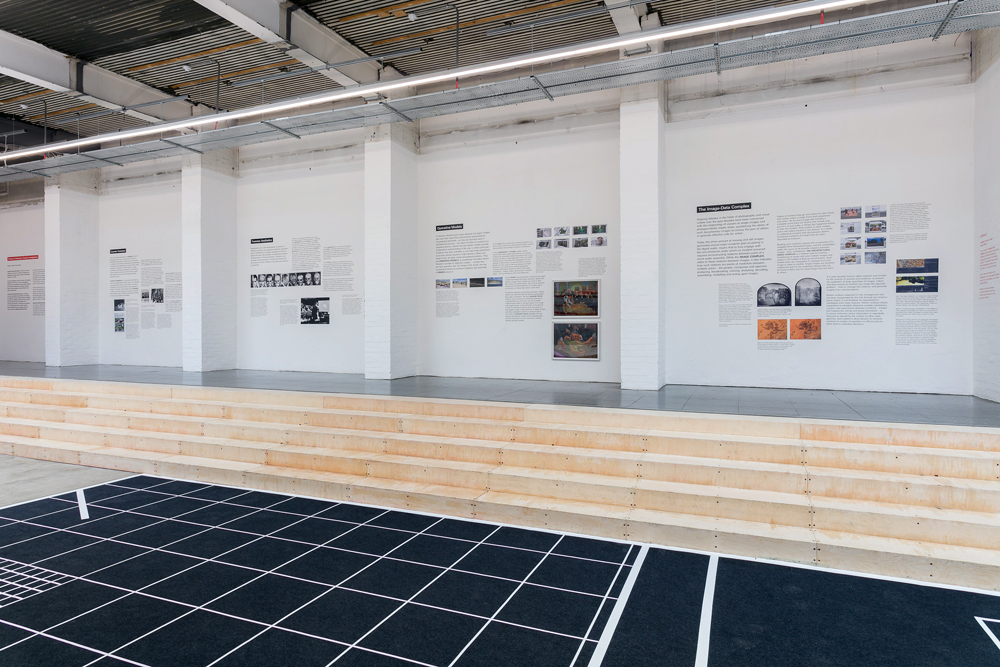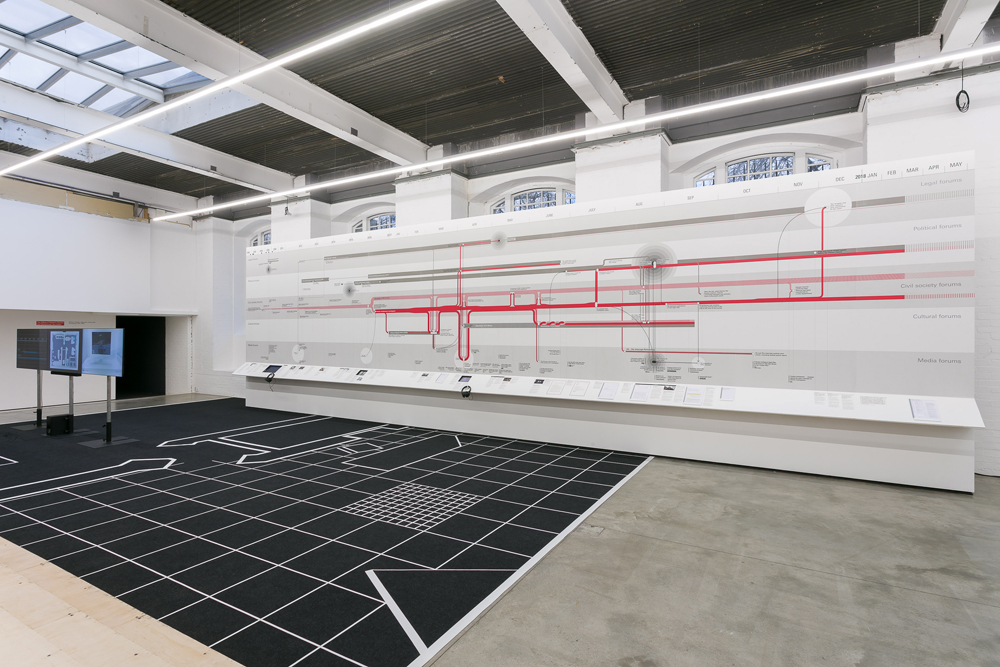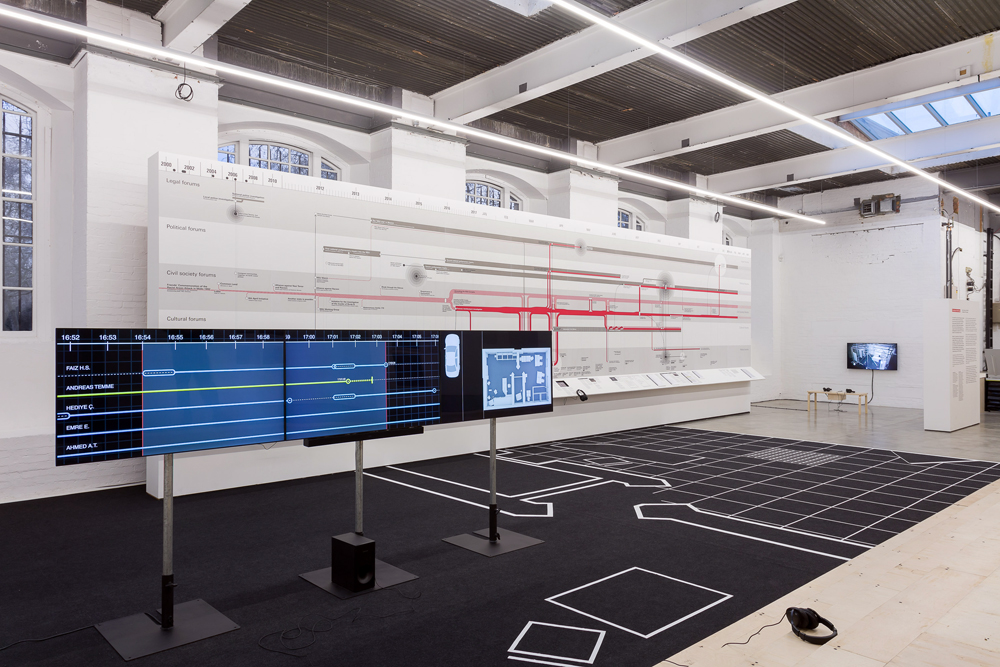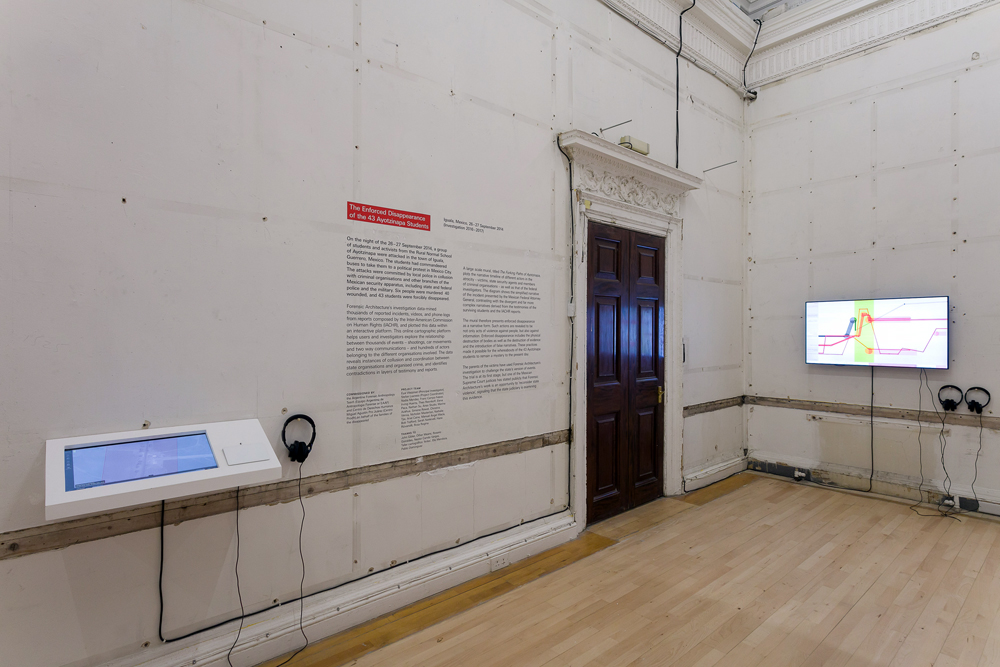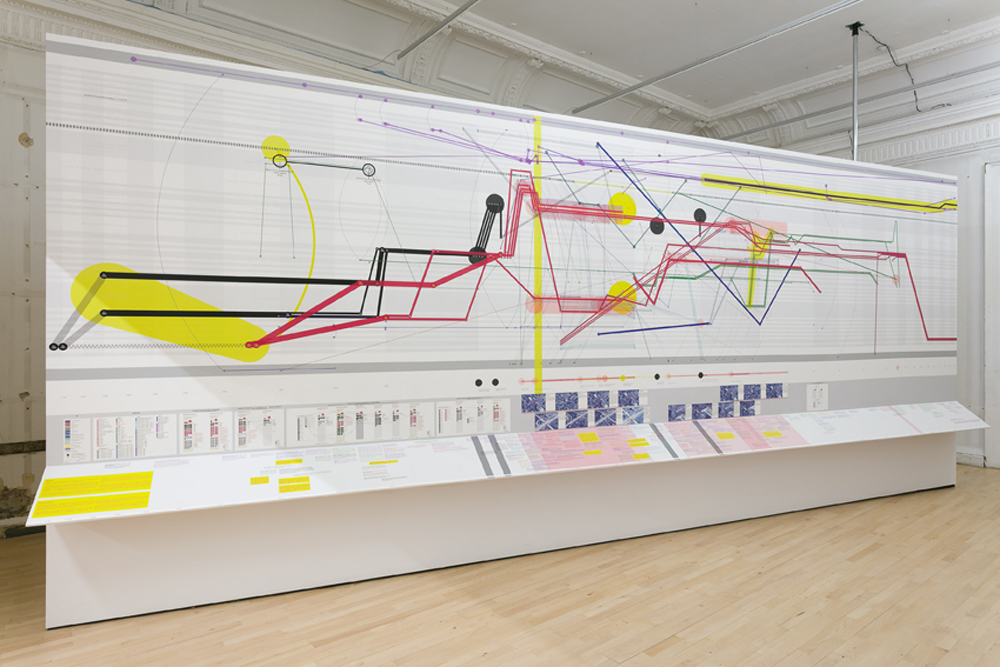The Utopian Nights series provides a platform to re-imagine collectively four contemporary themes: displacement, borders, encampment and the rise of global commons. The catalyst of the series is the notion of Utopia. Here Utopia is essentially a democratic space – it is a platform for discussion and a participatory project in which everyone can debate, challenge and be challenged equally.
The Utopian Nights will take place over the course of four themed events, where experts will engage the public with artistic interpretations of pressing political themes. All sessions will include an open debate with experts and an invitation for public feedback, followed by the opportunity to continue discussion during a social mixer event.
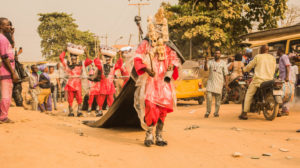
Each night the public is invited to engage with a specific artistic work, and discuss it with local and international thinkers. Each Night will culminate in a joyful social gathering, providing the artists, thinkers and public with an opportunity to take part in a common experience.
This first night from the series, “Displacement”, will be held on Saturday the 29th of July 2017 at 6pm in two different venues: Castille Place in Valletta and Herbert Ganado Gardens in Floriana. The night will start off with Nigerian artist Jelili Atiku, who will present a performance on displacement in front of the migration monument situated in Castille Place. This unique performance will be the outcome of Jelili’s artist residency in Malta.
The audience will then proceed to Herbert Ganado Gardens where a debate will take place. At the entrance, a soundscape of the city of Lagos, Nigeria, recorded and produced by Nigerian artist Emeka Ogboh, will be playing, in which the audience will experience audio-displacement having to pass through a foreign soundscape.
The debate will commence at 8pm in the gardens and will be the occasion to discuss the present works of artists Jelili Atiku and Emeka Ogboh with Italian actor and art director Domenico Castaldo and anthropologist Prof. Paul Clough from the University of Malta. Both speakers will confront their aesthetic experiences and their thoughts on migration and displacement with the public.
The final part of the night will include a free party in the garden, with the participation of a Malta-based Kenyan rapper Abbas Kubaff, followed by two DJ sets by Emeka Ogboh and Julien Vinet.

